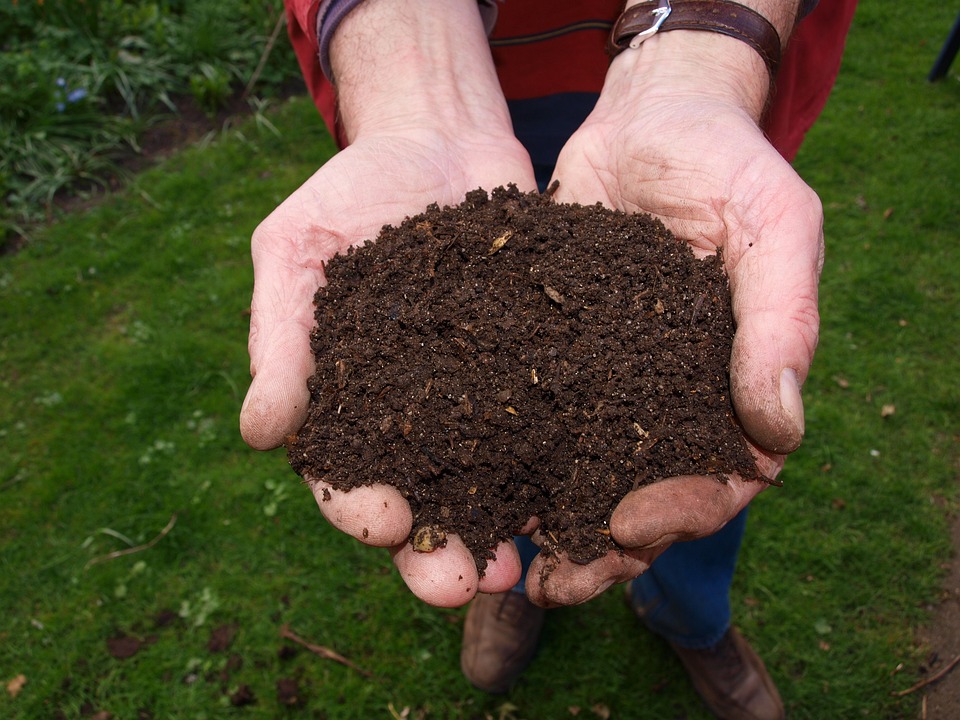Composting is the process of breaking down organic materials to create nutrient-rich soil. It is a great way to reduce waste and improve the health of your garden. If you’re a beginner looking to start composting, this guide will walk you through the basics and help you get started on the right foot.
Getting Started: What You Need
The first step in starting a compost pile is gathering the necessary materials. You’ll need a compost bin or pile, which can be purchased or made from materials such as wood pallets or wire fencing. You’ll also need a mix of brown materials (such as leaves or straw) and green materials (such as grass clippings or vegetable scraps).
Understanding the Composting Process
Composting is a natural process that occurs when microorganisms break down organic matter. This process requires oxygen, moisture, and the right balance of carbon and nitrogen. Brown materials provide carbon, while green materials provide nitrogen. By mixing these materials together and providing the right conditions, you can create a thriving compost pile.
Building Your Compost Pile
To start your compost pile, begin by layering brown and green materials in equal amounts. Make sure to chop or shred larger materials to help them break down more quickly. You’ll also want to turn your compost pile regularly to aerate it and help the decomposition process. As the materials break down, they will begin to heat up, which is a sign that your compost pile is working.
Common Composting Mistakes to Avoid
While composting is a simple process, there are some common mistakes to avoid. One of the most common mistakes is adding meat, dairy, or oily foods to your compost pile, as these can attract pests and slow down the composting process. It’s also important to avoid adding weed seeds or diseased plants, as these can spread in your compost and end up in your garden.
Using Your Compost
Once your compost is ready, it can be used to improve the health of your garden. Compost can be mixed into the soil to add nutrients, or used as a mulch to retain moisture and suppress weeds. You can also create compost tea by steeping compost in water and using the resulting liquid as a fertilizer for your plants.
Wrapping Up
Composting is a simple and rewarding way to reduce waste and improve the health of your garden. By following the basics outlined in this guide, you’ll be well on your way to creating nutrient-rich soil that will benefit your plants for years to come.



